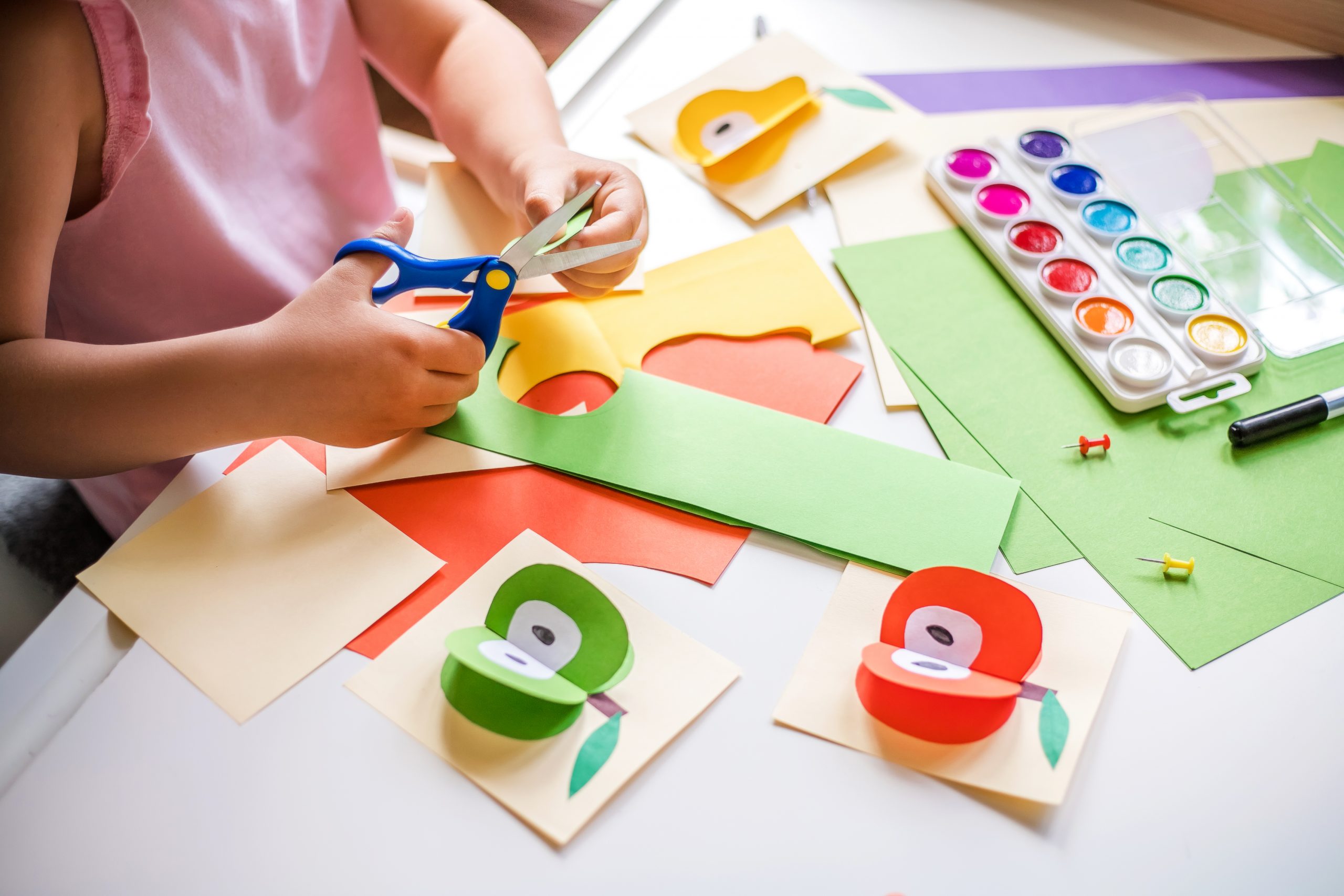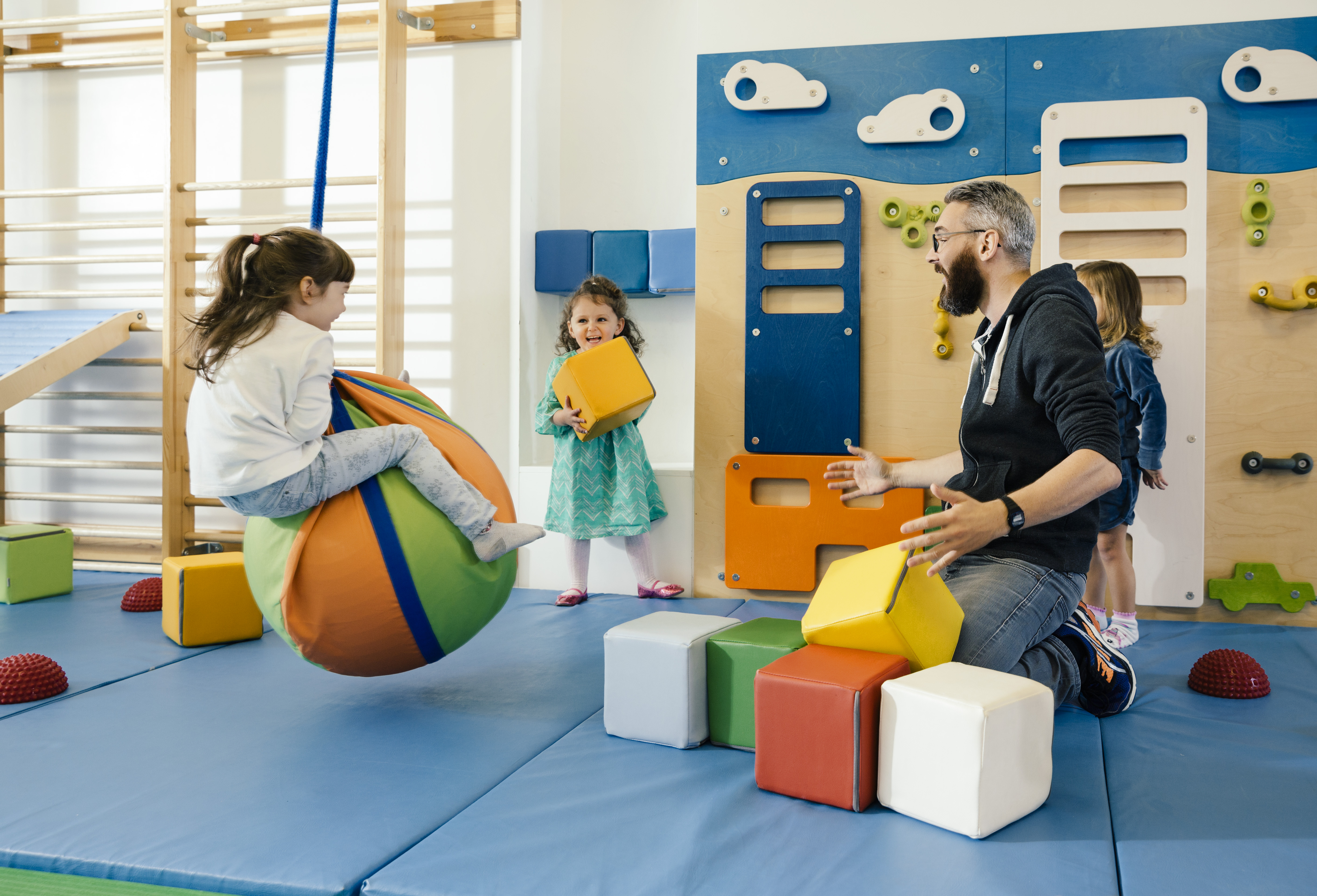Can nurseries open and can childminders work in lockdown?
Schools have shut for the January lockdown, but can nurseries open and can childminders work over the next couple of months? This is what we know...


For any parent or carer, the toss up between sending young children into nursery or to a childminder, or keeping them at home during the pandemic while trying to work, has been a difficult one.
Now with a January lockdown in full swing, many are wondering whether nurseries can even open and childminders can continue to work in lockdown at all to provide essential childcare for those who need it.
While hopes for the Oxford vaccine and Pfizer vaccine programme remain high, on January 4, Prime Minister Boris Johnson announced a third lockdown for England. It came after statistics from the Christmas period revealed that the new coronavirus variant - which is 50 to 70% more transmissible than the original strain - had spread widely throughout the country.
To combat this, schools and colleges have closed and homeschooling is reinstated, with GCSEs and A-levels school exams cancelled for millions of students. There has also been wider restrictions on hospitality venues, retail and social mixing between households.
So what about nurseries and childminders? Both were forced to close during the first lockdown in March 2020, with parents and carers left to juggle working from home with childcare and nurseries struggling to stay afloat. This is what is happening this time around...
Can nurseries open in lockdown?
Both the government and the Early Years Alliance, the largest early years education organisation in England, have confirmed that nurseries will remain open for those who need them during lockdown.

While primary schools will only be able to open for the children of key workers and those who are particularly vulnerable, the government has confirmed that anyone who normally accesses childcare through a nursery will continue to be able to do so.
Parenting advice, hot topics, best buys and family finance tips delivered straight to your inbox.
In a statement on January 4, Prime Minister Boris Johnson said, "Everyone will still be able to access early years settings such as nurseries."
But with one in 50 people around the country now testing positive for the virus, why nurseries have been allowed to stay open while schools have closed remains a mystery to some. Although young children don't normally suffer with the effects of Covid-19, they are proven vectors for transmission to other, more vulnerable people in their household.
Can childminders work in lockdown?

Like nurseries, childminders can continue working during the lockdown. This includes one-to-one care and group childminders, who might have various children come into their own home for childcare during the day.
However, also like nurseries, childminders don't have to continue working throughout the pandemic if they deem it's unsafe for them personally to do so. To help those who would be in financial difficulty as a result of this, the government has put together new financial packages and support.
For those uncomfortable with the idea of sending their children to a nursery or a childminder, there are other options that could limit the contact a child has with those outside their own household.
What is a childcare bubble?
The 'childcare bubble' was put into law from December 2 last year, allowing families with children under the age of 14 to have another adult help out with childcare. The rules around this differ between UK nations but in England, this means that both the adult external to the household and the child can travel freely between each other's homes for strictly childcare purposes. In Scotland, Wales and Northern Ireland, stricter social distancing regulations mean that only the child can travel between the two households.

Unlike a support bubble, the childcare bubble can include multiple adults from two different households. It's one of the ways that grandparents have been able to see their grandchildren during the pandemic.
To form a childcare bubble, your household must meet the following criteria:
- All adults in both households must agree to the arrangement.
- It must be unpaid and unregistered, meaning that the adult can't be a registered nanny or childminder.
- You can only have one childcare bubble with one other household.
- You can only use a childcare bubble for childcare, meaning that the childcare bubble can't be used for socialising with another household.
- A childcare bubble should be formed with a local household, to prevent any lockdown travel rules being broken.
However, those forming a childcare bubble in England can offer childcare in a home or a public space and are even allowed overnight stays in either household.
When does the new lockdown start?
The new January lockdown has now begun and became law on January 6th 2021, at one minute past midnight. From this time, fines for breaking lockdown can be issued to anyone breaching the terms of the new restrictions, including mixing in larger groups, not wearing a mask and failing to follow the social distancing regulations.
For those with children, it's been a notable change from the tier 4 restrictions where schools remained open to all so the fact that nurseries can open and childminders can work during lockdown has been a lifeline for many.

Grace Walsh is a health and wellbeing writer, working across the subjects of family, relationships, and LGBT topics, as well as sleep and mental health. A digital journalist with over six years experience as a writer and editor for UK publications, Grace is currently Health Editor for womanandhome.com and has also worked with Cosmopolitan, Red, The i Paper, GoodtoKnow, and more. After graduating from the University of Warwick, she started her career writing about the complexities of sex and relationships, before combining personal hobbies with professional and writing about fitness.